
Autism in Infants
Even though, when very small, children do not yet develop any advanced communication abilities or any prominent social abilities, there are still some signs of their progress in these fields. However, if the child misses some of the main characteristics of infantile development, certain signs may be showing the onset of autism in him or her. Read on to know what to look for and when to get concerned.
Early Signs of Autism
The first possible sign may be if your child is not cooing or babbling. Namely, most healthy children start cooing during the first several months of their lives. Of course, some might be more silent than the others, but, generally, this is the period when you should hear some kind of noises produced. After a period of six months, the child should start pronouncing vowels. Gradually, it should move on to consonants, the combination of the two, until, during the 11th month, they should start creating some sentences of their own, many of which usually make no sense at all. Absence of all these things may be a sign of autism.
One of the most common signs of early autism is the absence of eye contact. Babies usually look at their parents while they are feeding them, and, as they grow older they look at things and people, usually directly in the eyes. If a baby's look is absent and lacks any concentration, this might be a sign of autism as well.
Next, by one year of age, your baby should respond when his/her name is called out. Lack of this reaction may be a sign of autism, even though this is not necessarily true in all situations.
Additionally, after being one year old, babies should usually understand that pointing finger shows something. Thereby, they are supposed to be looking in the direction where the finger is pointed and not the finger itself. However, once some children do not do this, you may take autism in consideration, even though it does not have to be a certain sign of it.
As soon as babies are more than 15 months old, they will start expressing advanced social skills by greeting people and other children, showing things to them, or, simply, acknowledging them once they enter a room. On the other hand, autistic children prefer playing alone and usually give no signs of acknowledgment once a person enters their room or presents him/herself in any way.
Fin ally, you might want to look into the playing habits of your child once it passes the 16th month of its life. Then, children usually develop specific playing skills and can play with many different toys. However, if a child sticks to specific toys or objects compulsively, arranging them in a specific order every time, reacting negatively if this order is affected, this might be a sign of concern, again, not always.


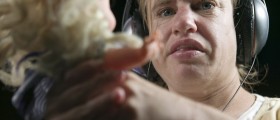

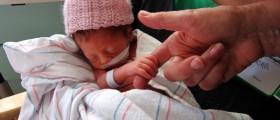

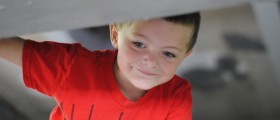
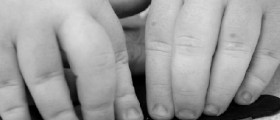

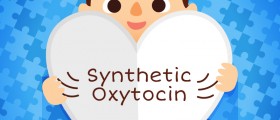
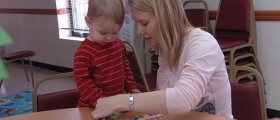
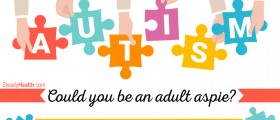
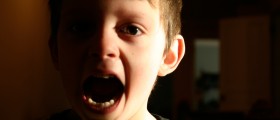


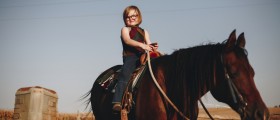
Your thoughts on this
Loading...